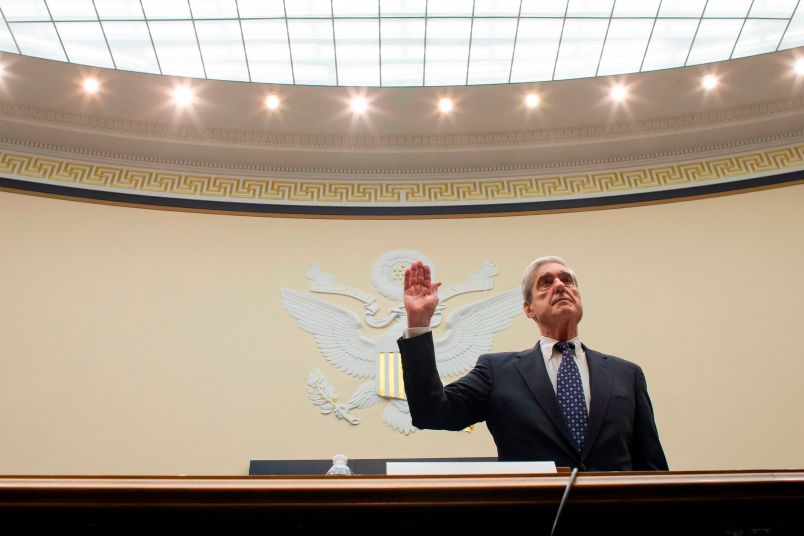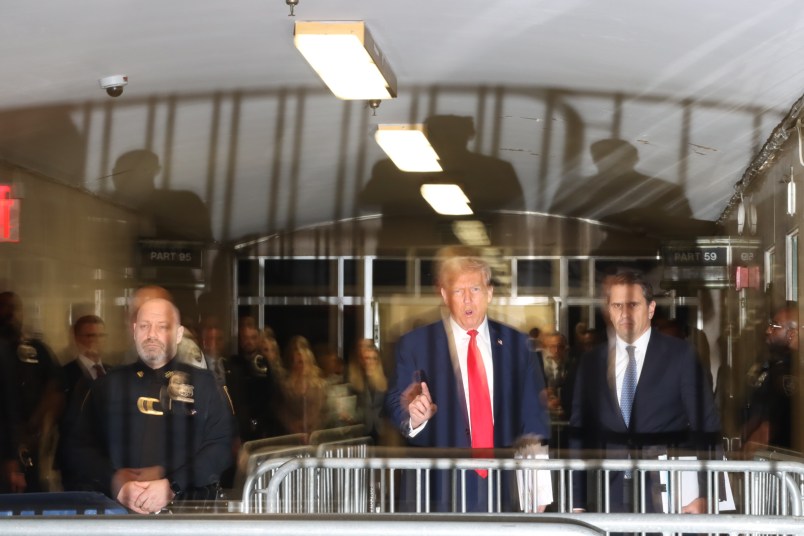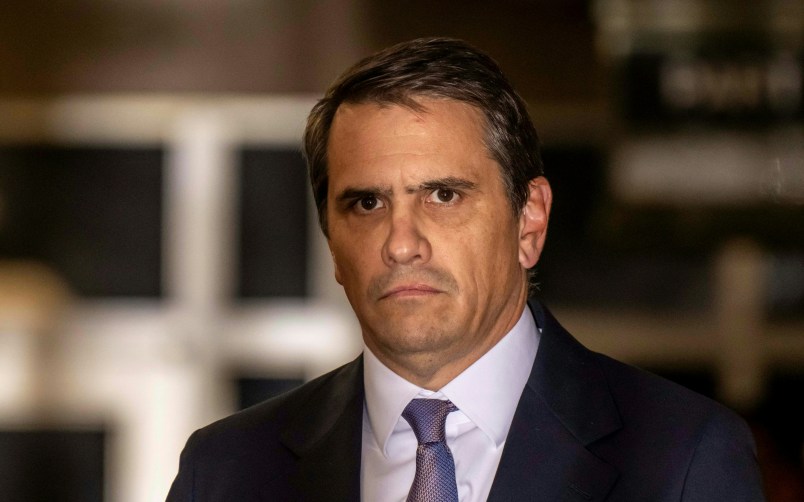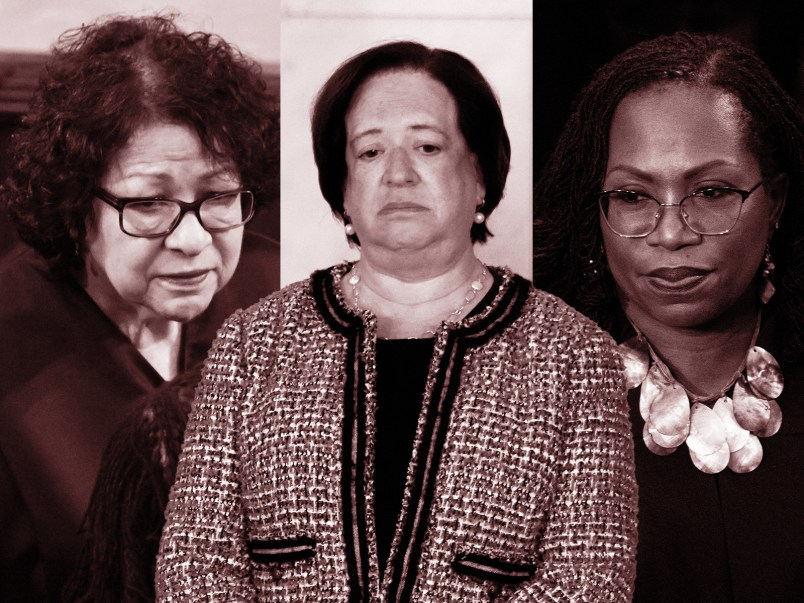A federal appeals court on Tuesday upheld a lower court’s ruling that the House of Representatives can see information from the grand jury former special counsel Robert Mueller empaneled to investigate Russian election meddling.
The fight over the Mueller evidence focused on the rules surrounding grand jury secrecy, which include an exception to provide materials for a judicial proceeding.
Lawyers for the House of Representatives argued that the impeachment trial of President Donald Trump constituted such a proceeding. In October, District Judge Beryl Howell ordered the DOJ to give the House portions of Mueller’s report that had been redacted due to the secrecy rules, as well as “any underlying transcripts or exhibits referenced in the portions of the Mueller Report that were redacted” under the same rules.
D.C. Circuit Court Judge Judith W. Rogers wrote in her opinion that the House Judiciary Committee “has established a particularized need for the redacted grand jury materials it seeks.” Judge Thomas B. Griffith wrote a concurring opinion and Judge Neomi Rao, a Trump appointee, dissented.
“The Committee’s request for the grand jury materials in the Mueller Report is directly linked to its need to evaluate the conclusions reached and not reached by the Special Counsel,” Rogers wrote separately, adding: “Courts must take care not to second-guess the manner in which the House plans to proceed with its impeachment investigation or interfere with the House’s sole power of impeachment.”
Rao, in her dissent, brought up another case before the circuit court concerning the testimony of former White House Counsel Don McGahn.
The House Judiciary Committee sought McGahn’s testimony and went to court over it, but late last month the D.C. Circuit Court refused to enforce the congressional subpoena issued to the former White House counsel. The court decided it lacked the authority to make a call on the matter. (The committee on Friday petitioned for the full appeals court to rehear the case.)
“The reasoning of McGahn means that the [House Judiciary] Committee also lacks standing to seek a cumpulsory order in a Rule 6(e) proceeding,” Rao wrote, referring to the rule governing grand jury secrecy. “[S]uch relief presents an interbranch dispute not traditionally cognizable to the judiciary.”
But Griffith wrote the opinion in the McGahn case. And now, he stood with the House of Representatives, rather than against it.
“Unlike McGahn,” he wrote, “this case does not involve a suit between the political branches over executive-branch documents or testimony. Instead, it involves an application for access to records of the grand jury, whose disclosure the district court has traditionally controlled.”
This post has been updated.










